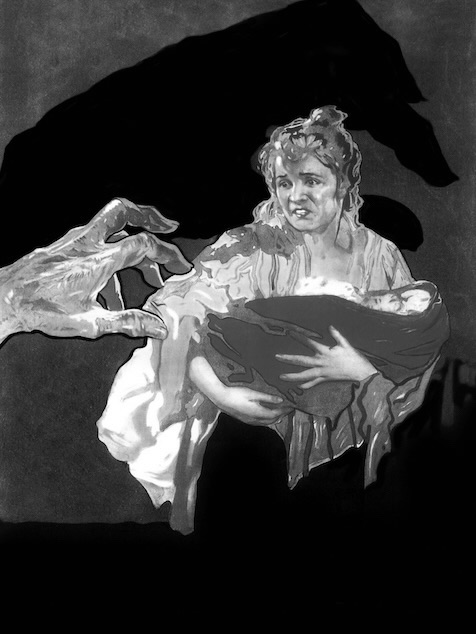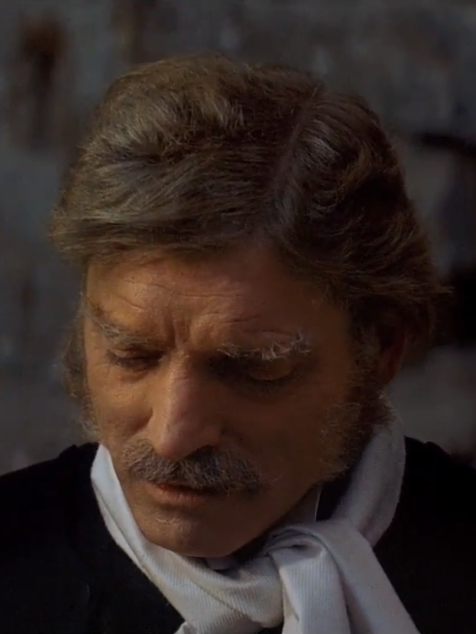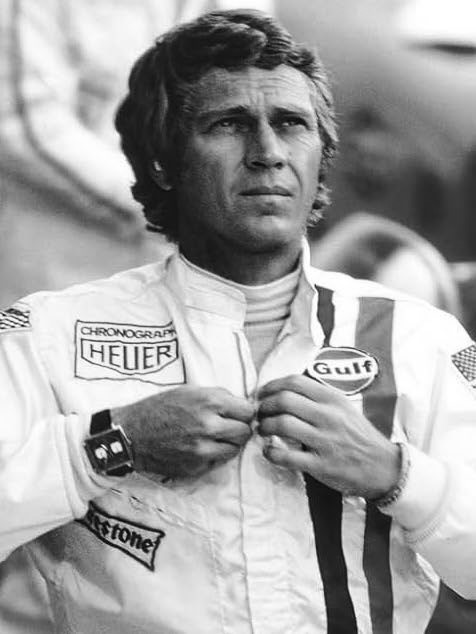The French Dispatch
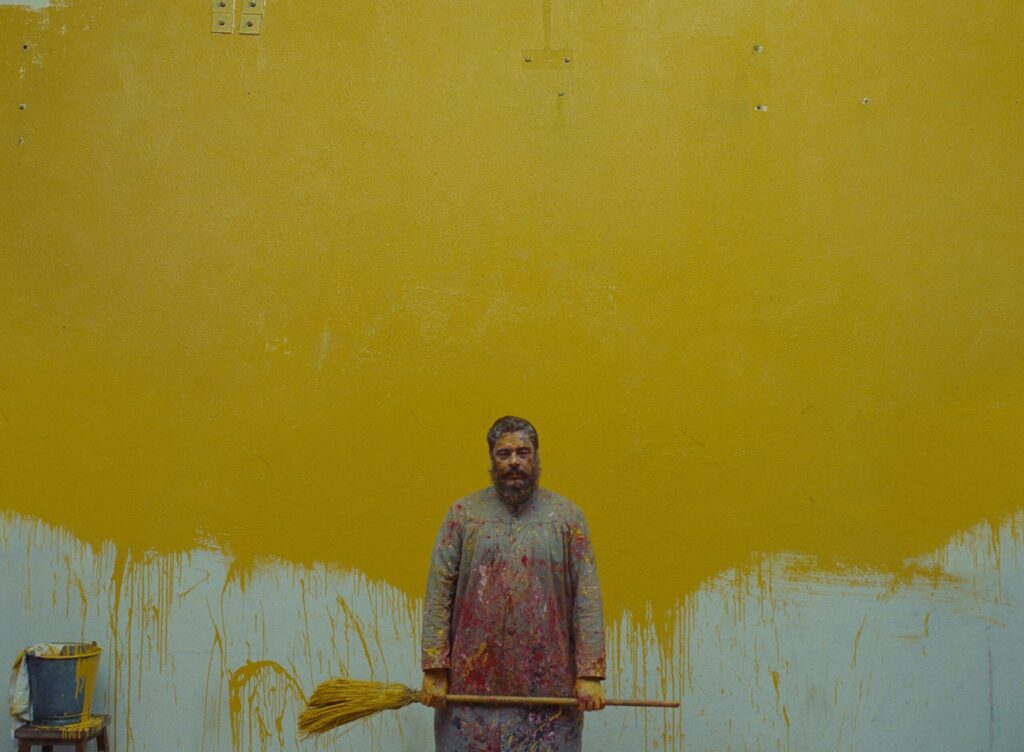
I have split this review of ‘The French Dispatch‘ into two segments: the objective and the subjective.
Objective
In the opinion of this reviewer, ‘The Grand Budapest Hotel’ is by far and away the best movie Wes Anderson has made. And that certainly remains the case. Perhaps unfairly so, I am holding this movie up to the bar set by his others.
My main issue with ‘The French Dispatch’ is the lack of restraint. Wes Anderson’s movies are always self indulgent, as any great art should be, to a degree. And that is a good thing. It is the right of evert artist to be as self indulgent as his/her heart desires. And more often than not, that is celebrated, as it should be. But too much self indulgence, without restraint, causes problems.
Anderson himself called this the first movie he’s made exactly the way that he wants to make it, with no concessions, and unfortunately, that shows. ‘TFD’ certainly is the most Wes Anderson of Wes Anderson’s films. The result of that in this case, however, is that the movie’s style outweighs its substance. All the symmetrical framing, jumping between colour, black and white, and animation, whilst lovely to look at and often fun, does not hide the fact that it lacks dearly beneath the surface.
It’s easy to assume that perfect symmetry, deadpan delivery, and pretty colours are what makes Wes Anderson’s films usually so good. But just because film is a visual medium, one should not be fooled into thinking that the story is secondary. Great movies have great emotional full, and that comes from the story. If one is dining out and, having devoured a delicious seven course meal, you come away from it still feeling hungry, I would suggest that something has gone awry.
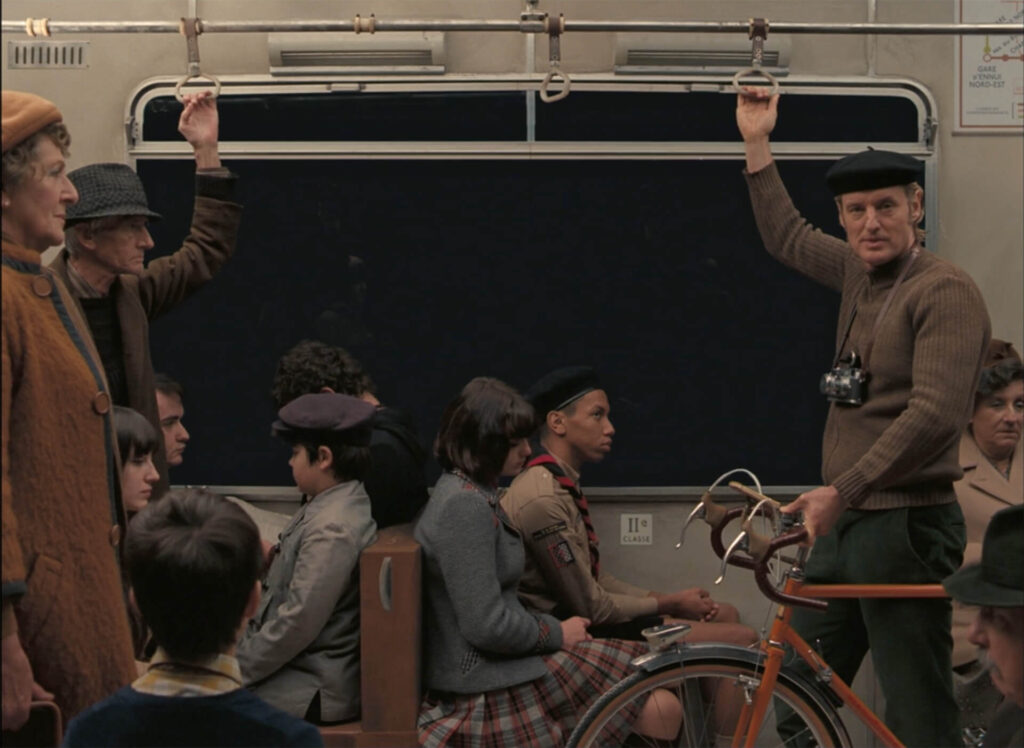
Similarly with this movie, I thought it fun, and whimsical, and visually stimulating, in that way Anderson always does so well, but came away taking nothing from it. The three separate stories do not have enough emotional resonance, the way the story of ‘GBH’ does, for instance. They merely glistened sumptuously on the plate in front of me, but, when the credits rolled I walked out feeling just as hungry as wen I had first sat down in my red velvet seat.
The movie, in my opinion, actually loses much of the charm which many other Anderson movies have in abundance, and play not an insignificant part in making them what they are. The right balance of self indulgence and restraint, in Anderson’s case, is quirky and charming. Too much self indulgence and it becomes self consciously charming. And there’s nothing less charming than something that knows it’s charming. I don’t think the end result is as catastrophic as all that, but the point still remains. I also thought the middle story about the student protest dreadfully boring.
What Anderson does better than almost any other filmmaker around, is create a world within each film. A world that only exists in his movies, and presumably in his head, too. It is telling to me, that I feel considerably better acquainted with the world created in ‘GBH’, or ‘The Royal Tenenbaums’, than that in ‘TFD’. Even though we are given a tour of the fictional French town in this movie, and are introduced to more of its inhabitants, I understand it far less intimately than those in the aforementioned movies, in which we are not.
For the record I don’t think the issue is one of time. I don’t believe that had the three ‘articles’ had more time to develop that the problem would be solved because, although short films do not appeal much to me, it is true that one isn’t reliant on the feature length in order to create an emotional connection with the audience.
If the three separate stories are not strong enough to stand up alone by themselves, as three separate short films, then a movie of this kind falls flat. I will concede the last of the three, starring Jeffrey Wright, could have survived on its own, and frankly I’d go back to watch that on again. To do that I would, naturally, have to sit through the other two again, and for the reason I am unlikely to do that.
With all that being said, relative to other movies coming out this year, ‘The French Dispatch’ is terrific. But that isn’t saying as much as it might sound. Relative to the rest of Wes Anderson’s filmography, this movie was disappointing.
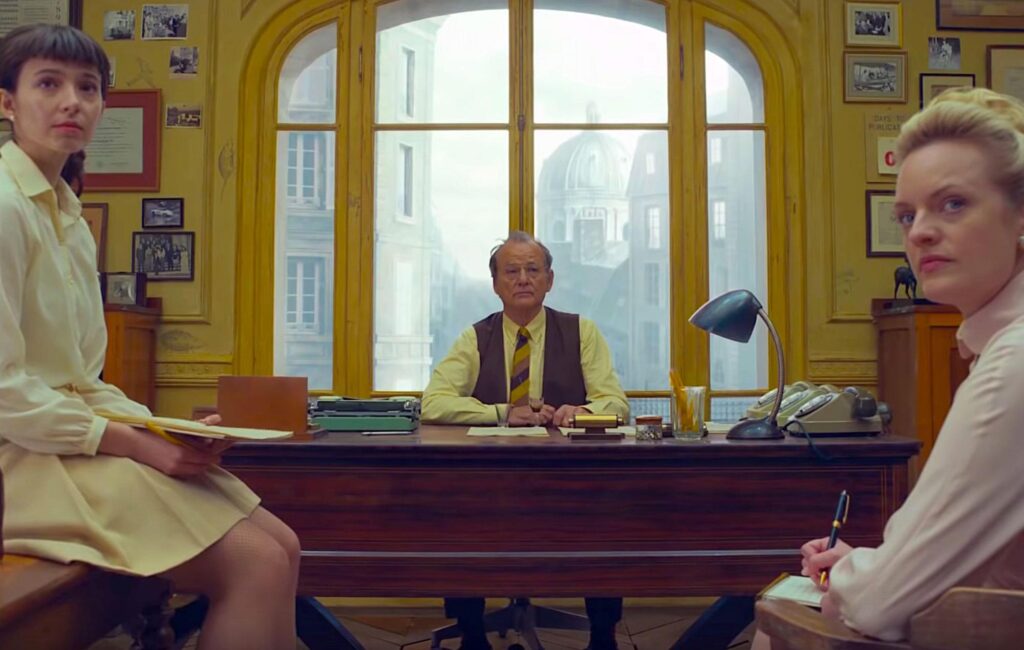
Subjective
I went into this movie expecting to love it. It has a great many things going for it: an ensemble cast made up of terrific names, it’s made by Wes Anderson (who for my money is in the top five, living, and working directors), and ostensibly it’s about a newspaper, and newspaper movies are my favourite non-genre genre.
The cast excelled, as stated I think the direction was a little overly indolent, but my main qualm here by a country mile, is that is isn’t really about a newspaper.
Cinema’s idea of a newspaper man – sarcastic, seasoned, cynical, and wisecracking to boot, is one of its’ greatest inventions. The newspaper business, or at least the way it’s often depicted in the movies, is frantic, fast paced, and of world importance to everyone involved. And, naturally, with the newspaper itself not really being the focus, none of the aforementioned was present here. My favourite scenes were the ones with Bill Murray, and the different writers interacting with him, but those were too few and far between. Had I seen more of Mr. Murray, more of the writers in real time, as opposed to living in flashback, and more of the newspaper itself, I would wholeheartedly take back everything I have just said.
You may also like
A TALE AS OLD AS TIME: JULY
‘Intolerance: Love’s Struggle Through the Ages’ has long been a white whale of mine w
A REMEMBRANCE OF THINGS PAST: MARCH
“We were the Leopards, the Lions, those who’ll take our place will be jackals, hyaenas;
A MAN & HIS MACHINE: JANUARY
“When you’re racing, it’s life. Anything that happens before or after is just wa


